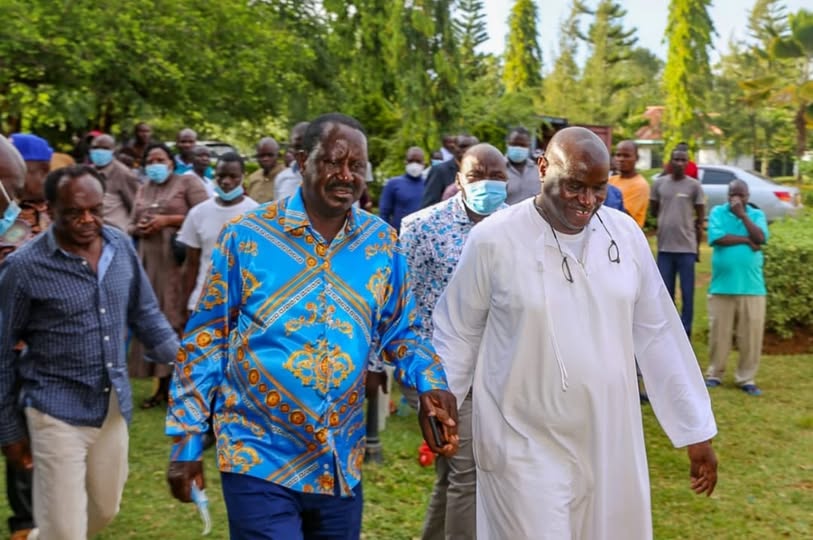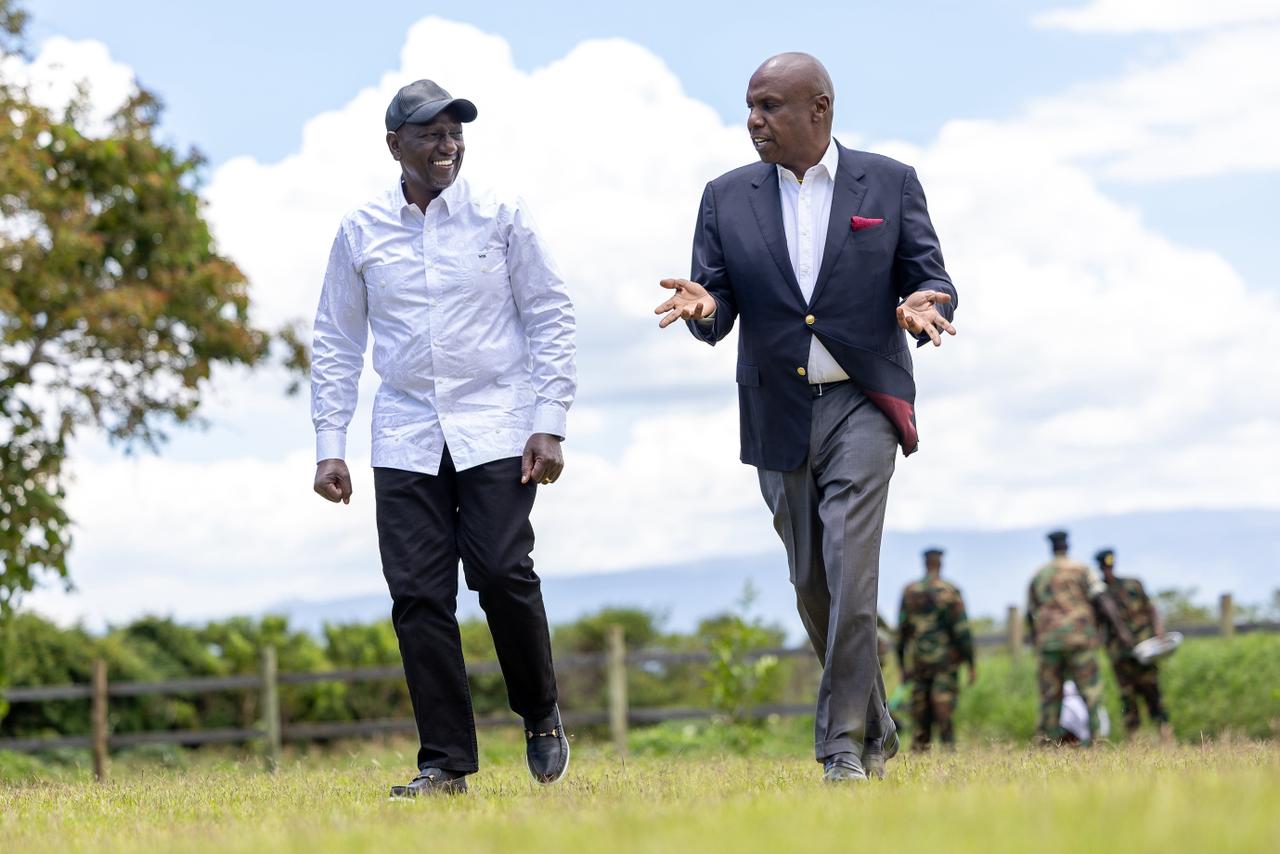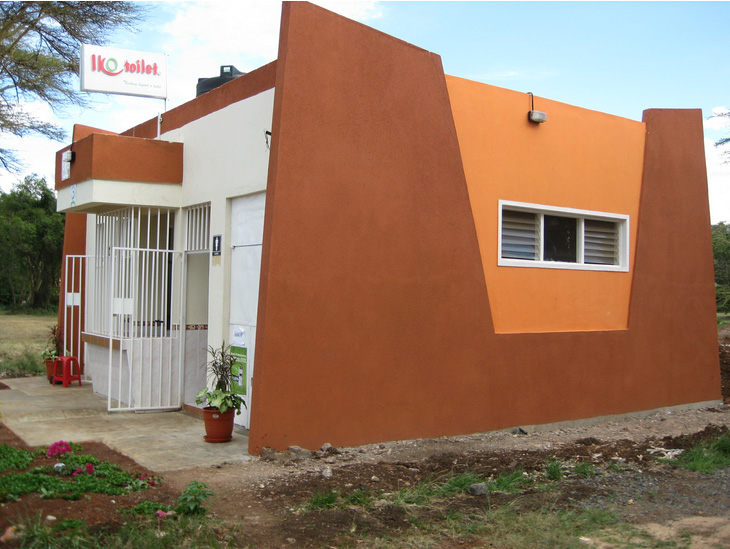TWV Political Desk
ODM leader Raila Odinga has once again stirred political debate after declaring that only party hopefuls who support his push to transfer the National Government Constituency Development Fund (NG-CDF) to governors will receive his endorsement ahead of the 2027 elections.
The proposal, which has unsettled many Members of Parliament, seeks to strip legislators of direct control over NG-CDF resources. Raila has consistently argued that MPs’ primary role is legislation, representation, and oversight, not the construction of roads, hospitals, or police stations. He made this point clear during a rare joint parliamentary group meeting of ODM and UDA lawmakers, co-chaired with President William Ruto.
Despite Raila’s firmness, MPs across the political divide remain adamant that the NG-CDF must stay under their control. For years, MPs have used the fund to drive development at the grassroots, securing political capital in the process. Without it, many fear they would lose influence in their constituencies.
Although visibly agitated, MPs refrained from directly challenging Raila during the meeting, a silence that analysts interpret as fear of political repercussions. “No legislator wants to risk a public fallout with Raila,” one ODM insider confided, “but privately, almost all of them oppose the proposal.”
Sources within ODM reveal that Raila is determined to make the transfer of NG-CDF a litmus test of loyalty. Heading into the 2027 elections, ODM nominations will reportedly be reserved only for candidates who openly support this policy. The calculation is clear: ODM wants to rally behind a unified message while cementing Raila’s control over the party’s ticketing process.
So far, no MP has publicly endorsed the proposal. However, seasoned observers note that when Raila eventually issues the directive as party policy, dramatic shifts are likely, with many legislators expected to bend to pressure to safeguard their seats.
The only senior figure to openly reject Raila’s plan is National Assembly Speaker Moses Wetangula. He has defended the NG-CDF as vital to grassroots and national development, dismissing calls for its abolition. His stance has resonated with MPs who view the fund as an indispensable political and developmental tool.
During the same meeting, Raila turned his attention to senators, urging them to stop what he termed as “harassment” of governors through constant summons to appear before Senate committees. He reminded senators that oversight of county executives is the role of Members of County Assemblies (MCAs), not the Senate.
This intervention has been interpreted by some as an attempt by Raila to shield governors from accountability over the billions they receive annually from both the exchequer and local revenue streams.
By making the NG-CDF debate central to his political strategy, Raila appears to be setting the stage for a new form of party discipline, where loyalty to his reform agenda determines survival within ODM. Yet the strategy carries significant risks. Many MPs depend on NG-CDF to retain political legitimacy in their constituencies, and stripping them of that tool could create friction that may weaken ODM’s parliamentary strength.
As the 2027 campaigns draw closer, Raila’s gamble will test not only the loyalty of his MPs but also the patience of voters accustomed to seeing development projects tied directly to their legislators.





